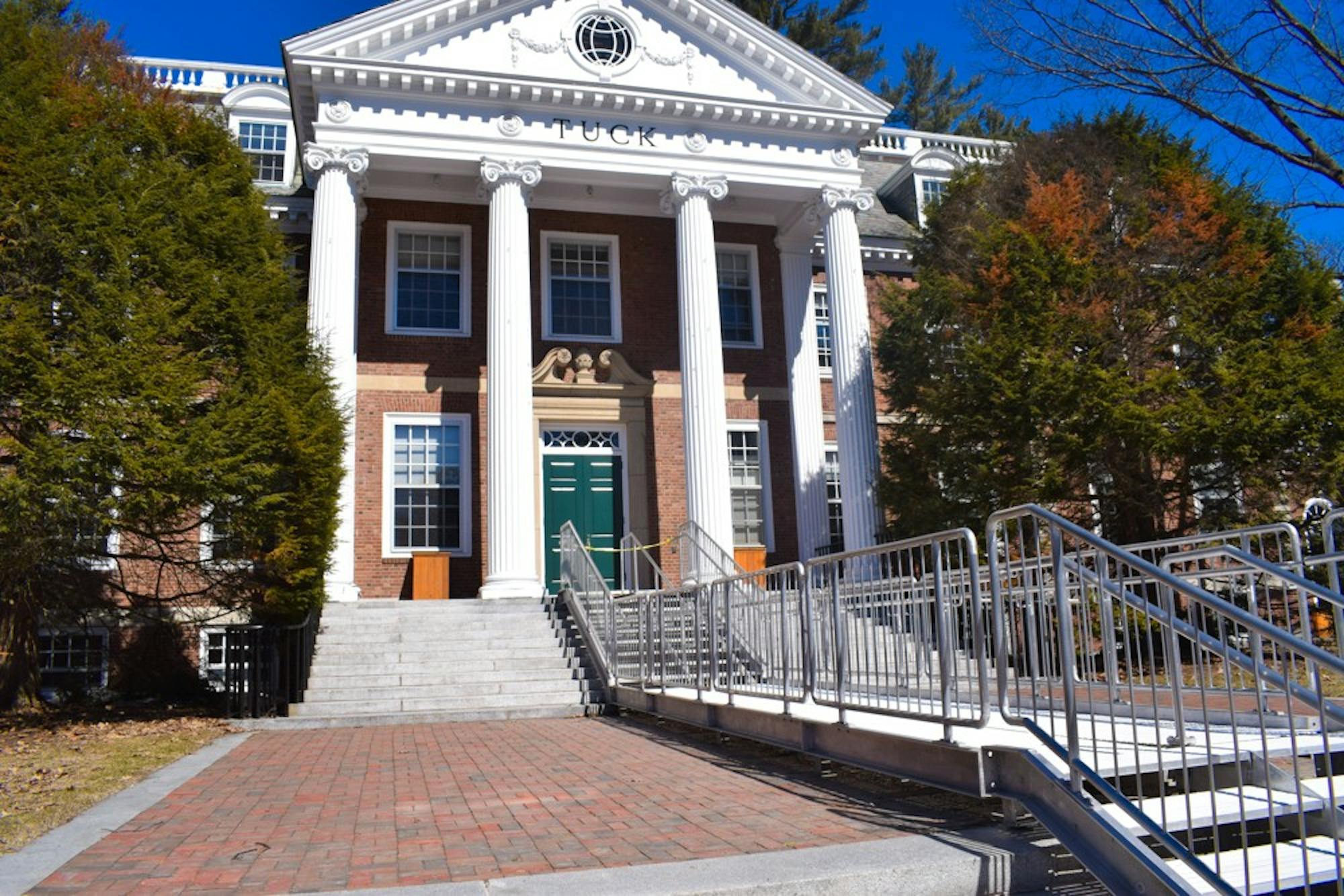As students return for the start of fall term, some graduate students have struggled to find housing on or near campus. While the College took some measures to expand the housing supply for most undergraduates, graduate students have voiced frustration with the lack of housing support.
According to graduate student council president Keighley Rockcliffe, about 70 graduate students lacked housing at the beginning of August. She said that these students were unable to get on-campus housing in the North Park graduate housing lottery, which allows first-year graduate students from the Geisel School of Medicine, Thayer School of Engineering and the Guarini School of Graduate and Advanced Studies to apply for an on-campus apartment. She said that many were also unable to find affordable apartments close to campus.
Rockcliffe noted that individual departments at Guarini were given the discretion to grant remote accommodations to students without housing.
“A lot of these students were first-year graduate students and international students who didn’t know what the housing situation looks like in the Upper Valley,” Rockcliffe said. “While we worked to get all of these students rooms or accommodations to do remote work, some students were forced to defer the start of their programs for a year.”
Rockcliffe noted that while graduate students without cars could commute to and from campus via Advanced Transit bus services, buses do not run on weekends and are otherwise “not very conducive” to graduate students’ work hours, which can extend well into the evening.
According to graduate student council vice president Charlie Carver, the historical lack of affordable housing in the Upper Valley and unprecedented number of undergraduates living locally has contributed to many graduate students struggling to find housing. He added that while many graduate students receive stipends for their work, the GSC has found that some are forced to spend up to 55% of their stipend to pay for rent alone.
“Having to delay not only your graduate school career but your entire career for a whole year because you can’t find a place to live is ridiculous,” Carver said.
Jolin Kish, owner of Kish Consulting & Contracting, which manages leases primarily within a five-mile radius of Dartmouth’s campus, said that while the total graduate student housing demand has remained “similar” to previous years, graduate students have been forced to take leases farther away from campus due to higher demand from undergraduate students for off-campus housing. She added that this year, undergraduate students occupy approximately 20% of the off-campus housing that graduate students would normally rent.
“Normally, graduate students have some difficulty finding housing because by the time they’re admitted, there [are] not many leases to choose from,” Kish said. “That was exacerbated this year with the increased interest of undergraduate students in off-campus housing.”
Kish added that off-campus housing has typically been difficult to find during the fall as the College’s schedule “puts a lot of emphasis” on living locally in the fall, as many course sequences require taking certain fall courses.
Some first-year Tuck School of Business students, who gained admission later in the year and thus had less time to secure housing, may have faced an especially difficult housing market, according to Jesse Nebres Tu’22. The Tuck Class of 2023 is the largest ever at 294 students, according to an August press release.
Nebres said that while he was able to find a place to stay in Norwich, he had to sign his lease in February 2021. He added that many other Tuck students, especially first-year students, struggled to find housing if they could not find space in the Tuck dorms or apartments on South Street in Hanover.
“My house is a conditionally held Tuck house that was passed down from other Tuck students, but it still felt like we had to pick a house pretty early [to] have a spot to stay,” Nebres said. “With Tuck enrolling a larger than normal class of first-year students, that kind of put a strain on the process of students being able to find housing.”
Edwin Aguilar Tu’23 said that he had to sign an apartment lease in Lebanon instead of his first choice in housing at Sachem Village, a 255-apartment Dartmouth-owned community near Dartmouth-Hitchcock Medical Center. He added that he found it “challenging” to find a place to live, as he has two dogs and needed more space in a rental.
“Coming from Los Angeles and not knowing anyone who could point to resources to reach out to for housing made the process difficult,” Aguilar said. “Also, while I found a nice place, I’m paying double what I budgeted for in rent, and I now have a much longer commute as well.”
Rockcliffe said that the GSC solicited housing for graduate students from individual departments and professors and facilitated communications between these students and possible landlords. Given that Rockcliffe believes the housing crisis seems to be “on the verge of happening every year,” she said she is looking forward to the completion of the new graduate student housing complex, slated to open in August 2022.
“We’ve also been advocating for increased graduate student stipends or local rent controls to combat the high cost of living in the area,” Rockcliffe said. “We want to hammer home how important it is for this situation to be addressed.”
College spokesperson Diana Lawrence wrote in an emailed statement that the College has been working to address the graduate student housing shortage for a “number of years.” According to Lawrence, Guarini has been in communication with the Dartmouth Real Estate Office, which rents properties to students, this year to help graduate students find rooms.




